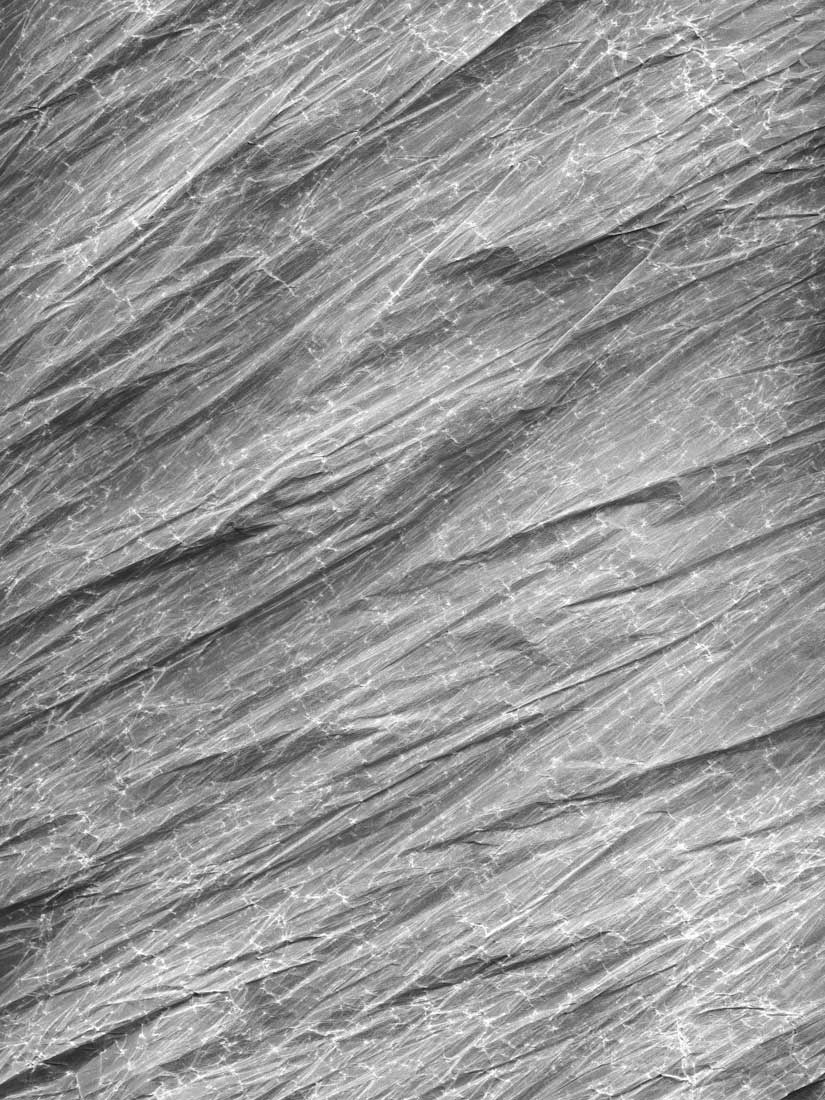Conceptual - NOMINEE: giulia flavia baczynski
Photo © giulia flavia baczynski
giulia flavia baczynski
Physical map of the Earth
Support this photographer - share this work on Facebook.
A piece of paper is not only a piece of paper: it is a space to be inhabited and to which to give shapes.
The Physical Map the Earth is composed by ten maps that evoke the geography of the terrestrial soil.
The center of the work is an inverted process: the real data are not the basis of the representation. The key point is the construction of an a priori symbolism through which one can imagine reality.
The images are the result of the creasing of transparent, tracing, paper. Each sheet is creased and subsequently flattened with different techniques that each time produce different geometries.
The new landscapes, escaping immediately recongisable shapes, open up to a universe of interpretations. The act of photographing them gives these sheets the freedom to be interpreted as mountains as well as stars depending on how we decide to look at them and name them.
In particular, to name them becomes a fundamental action of appropriation as it brings these shapes to life and it makes them recognisable among others.
This work, which can be understood as an atlas, is sort of a fantastic cosmography. A “journey within signs” where the evoked images pertain to a space which is both distant as well as known and codified, as it is linked to the memory of the experience of the real.
About author:
Giulia Flavia Baczynski (born in Verona, 1982) presently live and works in Mantua, Italy. Her work deals with the experience of space translated into the comparison between reality and its image, the last one understood more as metaphor than simulacra; the sense of size, recognisability, and belonging are part of the phenomena that she investigates through the interpretation and rendition of places generated by human beings and in which we live.
She recently exhibited her work at Fotografia Europea and has her solo exhibition at gallery Fonderia 20.9, Verona, curated by Luca Panaro.
She is currently working both in architectural field for universities and cultural associations and in personal projects.

